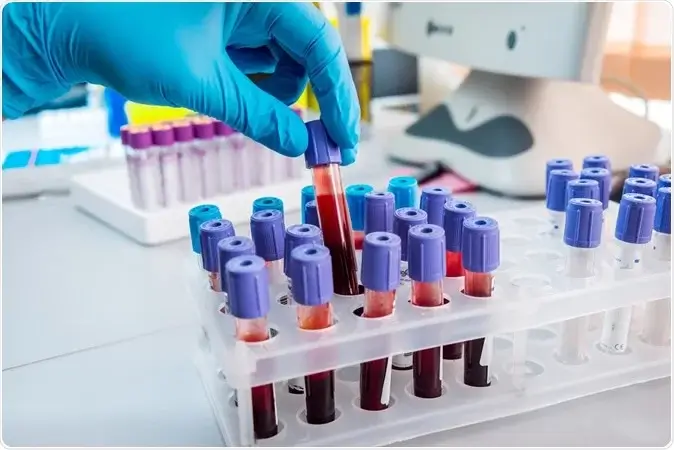In a major leap forward for cancer care, scientists have developed a novel blood test that can detect dozens of cancer types—many of which currently lack standard screening tools—well before symptoms arise. Early data reveal the test catches a far greater number of cancers at treatable stages, potentially altering how we approach routine cancer screening.
Expanding Beyond Traditional Screening Boundaries
Standard screening methods typically target only a handful of cancers such as breast, colorectal, lung and cervical. The new test, based on cell-free DNA and methylation pattern analysis, casts a much wider net—searching for the molecular “fingerprints” shed into the bloodstream by tumours. According to recent trial data, when added to usual screening, this approach can find multiple cancers earlier than ever before.
Key Findings: Detection, Accuracy & Origins
In a large study involving adults aged 50 and older, the multi-cancer test detected significantly more cancers than standard methods alone. More than 50 % of the cancers found were at early stages (Stage 1 or 2), and the test also correctly identified the likely tissue origin of the tumour in a high majority of positive cases. At the same time, despite encouraging specificity (very low false positive rates), sensitivity remains variable—especially for early-stage disease and across different cancer types.
What It Means for the Future—and the Caveats
This blood test holds promise to fill the screening gap for many hard-to-detect cancers (such as pancreatic, liver and head & neck) for which there are no established population-wide tools yet. If widespread adoption follows with proven survival benefits, it could reshape standard cancer-screening protocols. However, experts caution that the test is not a diagnostic tool—positive results require follow-up imaging or biopsy— and long-term data showing reduced mortality are still awaited. Additionally, costs and insurance coverage remain hurdles.





















